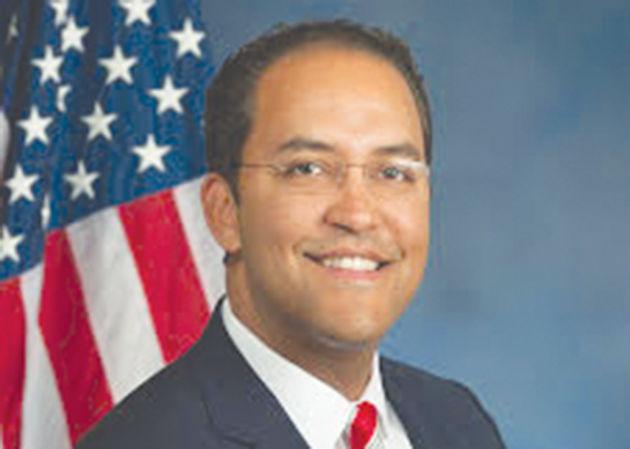A roaring applause echoed throughout the Rudder Theatre from a standing crowd as the former president of Mexico Felipe Calderon walked out from the curtains and onto the stage.
On Friday, the Wiley lecture series presented “America First?: The Future of U.S.-Mexico Relations” to discuss the United States-Mexico border. The panel was moderated by Steve Inskeep and included former president of Mexico Felipe Calderon, economics expert Laura Tyson and Congressman Will Hurd, Class of 1999. The key topics of the night included border security, immigration, trade and putting all of North America first.
Calderon addressed the current stresses on the United States and Mexico border and trade relations since President Donald Trump’s became president. Calderon said the audience should question if it is truly in the interest of the United States to shut off trade with Mexico, and he also provided statistics about the 5 to 6 million jobs that depend on trade between the two countries.
“The complex relationship between us is about how to build a stronger and more competitive economy as a whole in North America, because this is not a way in which these economies could compete in the world,” Calderon said.
Tyson, with a background in advising former presidents from her service as the director of the National Economic Council from 1995 to 1996, discussed the production and economic issues facing trade between Mexico and the United States and how they relate to making more jobs and money for Americans to spend in local economies.
“The trade deficit with Mexico compared to the size of the United States economy is actually very small and declining,” Tyson said. “Do not look to trade, and trade agreements and ripping up NAFTA as anything that will address manufacturing and unemployment losses in the United States.”
Hurd spoke of what he learned when traveling abroad in Mexico when he attended Texas A&M, and how it eventually led him to add an international studies minor, in which he took a class that sparked his interest to join CIA. As a congressman with a district stretching from San Antonio to the border of Texas and Mexico, a Hurd said a border wall would affect people in his districts.
“Building a wall from sea to shining sea is the most expensive and least effective way to do border security,” Hurd said.
During the panel, Inskeep said that during his time covering border security he has noticed numbers don’t have as much of an affect on people as testimonies.
“You’ve all been in politics — it’s an environment where people are less often moved by statistics than by stories, and there are real stories,” Inskeep said. “How politically, do you answer those very real stories, which will resonate with some people more than your statistics?”
When the lecture concluded, some audience members walked down to the stage exit to meet with Calderon. One of these members was student Rodolfo Inocencio, who said he came to the lecture because of the current atmosphere surrounding the United States-Mexico border.
“I just wanted to hear what these academic minds had to say about the topic because it’s something that I see in my everyday life and it’s something that affects me personally,” Inocencio said. “People are reacting toward immigrants not being so open to assimilating just because of the fact that their families are still in their home countries and they are still maintaining that relationship with their home country.”









